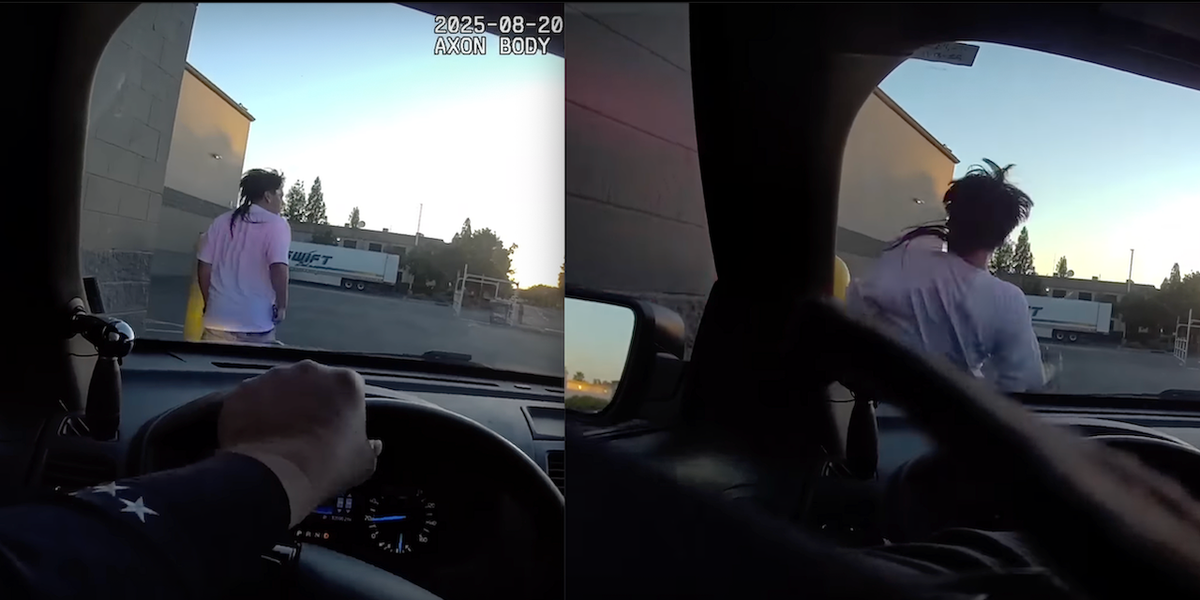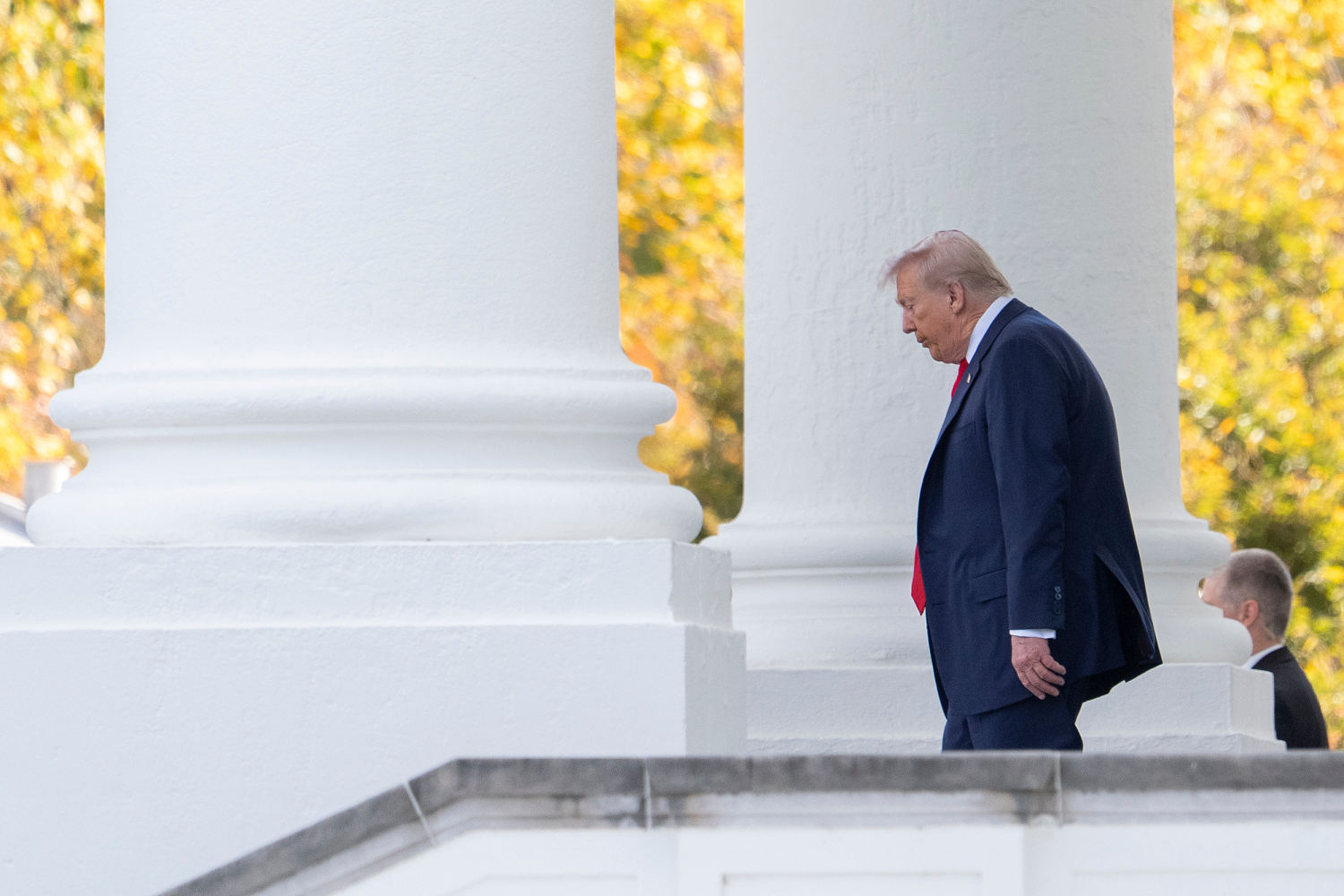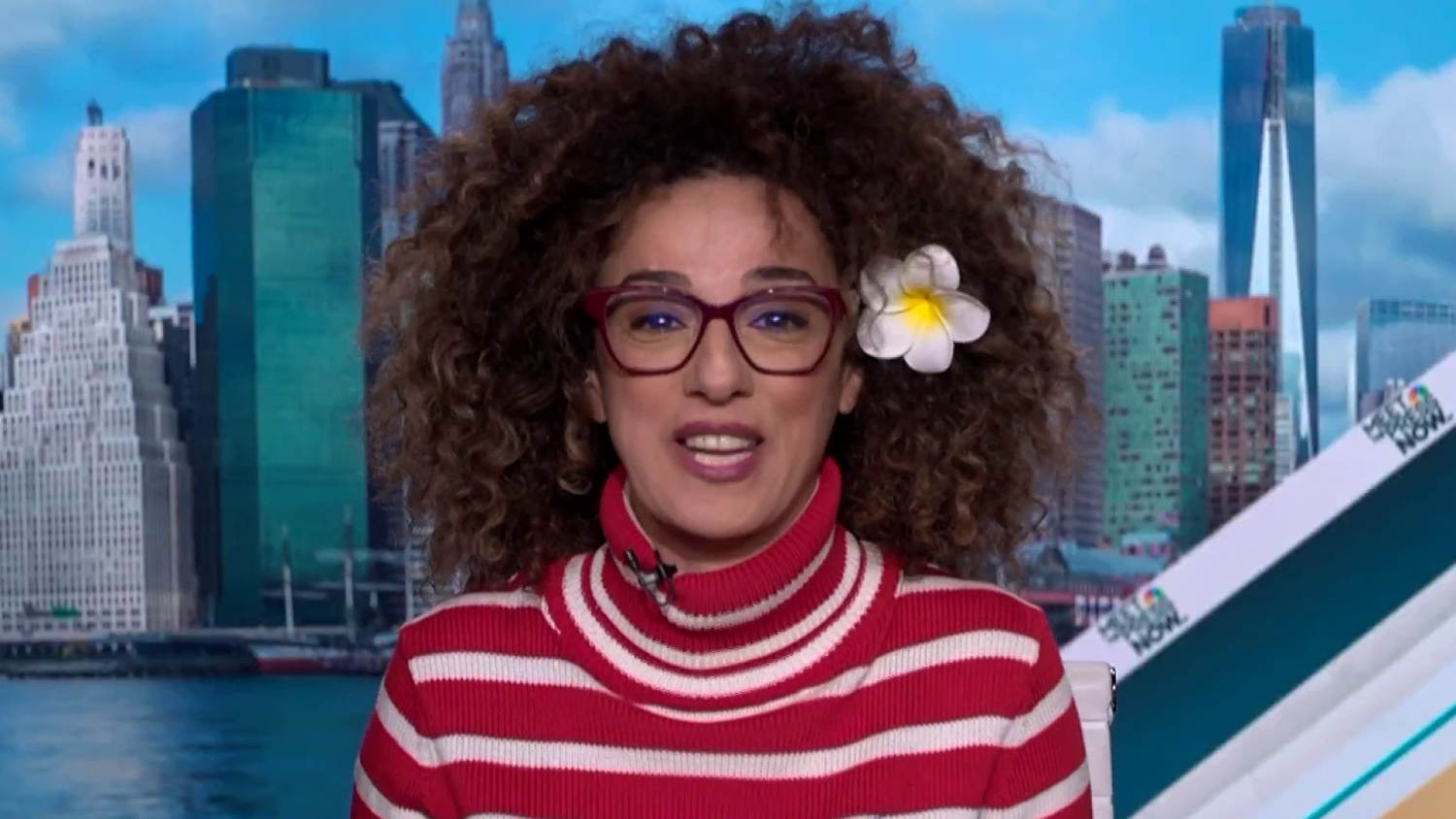Most Americans expect political violence to keep growing in the United States and believe that it is likely a political candidate will be assassinated in the next few years.
Widespread pessimism about political violence is a rare, grim point of consensus in a country riven by political and cultural divisions.
A majority of Americans, 55 percent, expect political violence to increase, according to a new poll from POLITICO and Public First. That figure underscores just how much the spate of attacks — from the assassination of conservative activist Charlie Kirk earlier this year to the attempts on President Donald Trump’s life in 2024 — have rattled the nation.
It’s a view held by majorities of Americans all across lines like gender, age, party affiliation and level of education, though Democrats and older voters expressed particular concern.
Perhaps most troubling, a significant minority of the population — 24 percent — believes that there are some instances where violence is justified.
There was little partisan divide in that belief, but a strong generational one: Younger Americans were significantly more likely than older ones to say violence can be justified. More than one in three Americans under the age of 45 agreed with that belief.
While political violence can take many forms, more than half of Americans say that it is very or somewhat likely that a political candidate gets assassinated in the next five years, according to the exclusive survey. That view cuts across party lines, with agreement from 51 percent of last year’s Trump voters and 53 percent of Americans who voted for former Vice President Kamala Harris.
Robert Pape, a University of Chicago political science professor who has studied political violence for the last three decades, is no longer warning that the country is on the brink of a violent age, as he did as recently as five months ago.
“We're not on the brink of it, we're firmly in the grip of it,” Pape told POLITICO, saying the country is now in an era of “violent populism.”
The POLITICO Poll, conducted after Kirk’s assassination, suggests Americans are rattled by the environment of heightened political violence — and that most still reject it: about two thirds, 64 percent, say political violence is never justified.
Still, a small but significant portion of the population, 24 percent, say that there are some instances where violence is justified.
“What's happening is public support for political violence is growing in the mainstream, it's not a fringe thing, and the more it grows, the more it seems acceptable to volatile people,” Pape said.
There have been a series of high-profile attacks and threats against members of both parties, across the country and at all levels of government, in recent years.
In addition to Kirk’s killing and the attempts on Trump’s life, there was the gruesome attack targeting former Democratic House Speaker Nancy Pelosi that left her husband, Paul Pelosi, with a fractured skull in 2022; the assassination plot against Supreme Court Justice Brett Kavanaugh that same year; the plan to kidnap Michigan’s Democratic Gov. Gretchen Whitmer in 2020; and the firebombing at Pennsylvania Democratic Gov. Josh Shapiro’s residence earlier this year.
In June, former Minnesota House Speaker Melissa Hortman and her husband were shot and killed in their home by a man impersonating a police officer in an attack that Gov. Tim Walz (D) called “politically motivated.” The man accused of killing Hortman and her husband was indicted on federal murder charges. His case is still pending.
On Capitol Hill, lawmakers are also increasingly concerned over the rising culture of violence. Last year, U.S. Capitol Police investigated nearly 10,000 “concerning statements” and threats against members, their families and staff. Just two weeks ago, a man was arrested and charged with making a “credible death threat” against House Minority Leader Hakeem Jeffries.
Local officials have also faced elevated attacks and hostilities — including insults, harassment and threats — according to a survey from CivicPulse and Princeton University’s Bridging Divides Initiative earlier this year.
That can have damaging effects for democracy, said Shannon Hiller, executive director of the non-partisan Princeton project: “When people aren't willing to run because of the climate of hostility, that impacts who's ultimately representing us.”
While most Americans believe violence will increase, the survey also found some gaps in opinion that revealed some groups hold darker views than others.
Democrats, for example, are more likely than Republicans to say that violence will increase.
That difference may reflect at least in part a broader sense of pessimism about the nation’s future among Democrats. Surveys — including The POLITICO Poll — have found that Democrats have more negative views than Republicans since Trump’s return to office, reversing the trend from when former President Joe Biden was in office.
Americans who hold negative views about major institutions, including the U.S. presidency, are particularly likely to say that violence is likely to increase. Among Americans who hold a very negative view of the presidency, for example, 76 percent believe violence will increase, while only 15 percent believe it will decrease.
The data suggest that the extreme partisanship that has come to dominate the current era of politics has in many ways shaped Americans’ feelings on violence.
Forty-one percent of Americans say they feel hesitant to share their political views in public, and they are significantly more likely than others to expect politically motivated violence to increase — 68 percent, compared with 47 percent of those who feel comfortable sharing their political views.
A Pew Research Center survey conducted in September asked an open-ended question about the reasons for political violence over the last several years, and Americans’ most common answers were grounded in partisanship. More than a quarter of Democrats, 28 percent, mentioned Trump’s rhetoric, the MAGA movement or conservatives as a reason, while 16 percent of Republicans cited the rhetoric of Democrats and liberals.
In the aftermath of Kirk’s killing, lawmakers on both sides urged Americans to engage with each other, even when they disagree.
“We can always point the finger at the other side,” Utah Gov. Spencer Cox (R) said at a press conference after authorities apprehended Kirk’s alleged killer. “At some point we have to find an off-ramp, or else it’s going to get much worse.”
But even the act of engaging with others who hold different views is difficult in a bitterly divided nation: 41 percent of Americans say they don’t have a close friend who votes for a different party than them.
.png)















 English (US)
English (US)